Iron is a vital mineral that plays a crucial role in our body. It is an essential component of hemoglobin, a protein found in red blood cells that carries oxygen from the lungs to the rest of the body.
In this article, we’ll discuss the importance of iron, the best foods for iron, how to incorporate it into your diet, ways to improve absorption, and some cautions.
Why is Iron Important?
Iron is an essential nutrient for the body. It is required for the production of hemoglobin, a protein found in red blood cells that carries oxygen from the lungs to the rest of the body. It also helps produce ATP (adenosine triphosphate), the main source of energy for the body’s cells.
In addition, iron is essential for:
- The production of myoglobin, a protein found in muscle tissue that stores oxygen that muscles need to function.
- The immune system: It helps the body produce white blood cells, which are responsible for fighting off infections and diseases.
- The brain function: The brain requires a steady supply of oxygen, and without enough iron, the brain can become deprived of oxygen, leading to cognitive impairments such as poor memory and decreased concentration.
Symptoms of Iron Deficiency
Iron deficiency occurs when the body does not have enough iron to produce hemoglobin, leading to a decreased amount of oxygen in the body’s tissues. The symptoms of iron deficiency can vary depending on the severity of the deficiency, but some common symptoms include:
- Fatigue
- Shortness of breath even during normal activities
- Pale skin, even yellowish.
- Headaches
- Cold hands and feet
- Weak immune system
- Difficulty concentrating
Best Foods for Iron
There are two types of iron: heme iron and non-heme iron. Heme iron is found in animal products, while non-heme iron is found in plant-based foods. Heme iron is more easily absorbed by the body, but non-heme iron can also be a good source of iron.
Here are some of the best foods for iron:
- Red meat: Beef, pork, and lamb are excellent sources of heme iron. One serving of beef contains about 2.7 mg of iron.
- Poultry: Chicken and turkey are also good sources of heme iron. One serving of chicken contains about 1.1 mg of iron.
- Seafood: Shellfish, such as clams, oysters, and mussels, are excellent sources of heme iron. One serving of clams contains about 23.8 mg of iron.
- Legumes: Lentils, chickpeas, kidney beans, and soybeans are good sources of non-heme iron. One cup of cooked lentils contains about 6.6 mg of iron.
- Dark leafy greens: Spinach, kale, and collard greens are good sources of non-heme iron. One cup of cooked spinach contains about 6.4 mg of iron.
- Fortified cereals: Many cereals are fortified with iron. Check the label to see how much iron is in each serving.
- Nuts and seeds: Pumpkin seeds, cashews, and almonds are good sources of non-heme iron.
To incorporate more iron into your diet, try these tips:
- Add spinach or kale to your smoothie.
- Use beans or lentils instead of meat in chili or soup.
- Snack on nuts and seeds instead of chips or candy.
- Use fortified cereals as a base for granola bars or trail mix.
Tips to Improve Absorption
To improve the absorption of iron, you can do the following:
- Eat foods rich in vitamin C: Vitamin C helps the body absorb non-heme iron. Citrus fruits, strawberries, and tomatoes are good sources of vitamin C.
- Avoid coffee and tea: Coffee and tea contain compounds that can interfere with iron absorption. Try drinking them between meals instead of with meals.
- Cook in cast-iron pots: Cooking acidic foods, such as tomato sauce or chili, in cast-iron pots can increase the iron content of the food.
Caution
While iron is important for the body, it is possible to consume too much iron, which can be harmful. Iron toxicity can cause symptoms such as nausea, vomiting, and abdominal pain. Long-term iron overload can also lead to organ damage and an increased risk of chronic diseases.
It is important to talk to your healthcare provider before taking iron supplements, especially if you have a medical condition or are taking other medications.
Iron is a crucial mineral that is essential for the body’s overall health and functioning. It is important to consume enough iron-rich foods in your diet and follow ways to improve its absorption. While iron is beneficial, it is essential to consume it in moderation, and it is advisable to consult a healthcare provider before taking any iron supplements. Incorporating the above-listed foods in your diet can ensure adequate iron intake and prevent iron deficiency anemia.
Image by Ashqtara from Pixabay
Vitamins and Minerals
-

Vitamin E: An Essential Antioxidant for Health and Wellness
Vitamin E is a powerful antioxidant that plays a crucial role in maintaining good health and well-being. It is a fat-soluble vitamin that exists in various forms, with alpha-tocopherol being the most biologically active form in the human body. As an antioxidant, vitamin E helps protect cells from oxidative damage caused by free radicals, which…
-

Vitamin C Promotes Bone and Muscle Health and How To Get Enough in Your Diet
-

Vitamin B12 – Sources for Vegans and Vegetarians
-

The Benefits of CoQ10 (Coenzyme Q10) for Heart Health
-

Have You Heard of Niacin and Why You Need It
-

Do I need folic acid? I am not pregnant
-

Why Too Much Calcium is Not Good For You

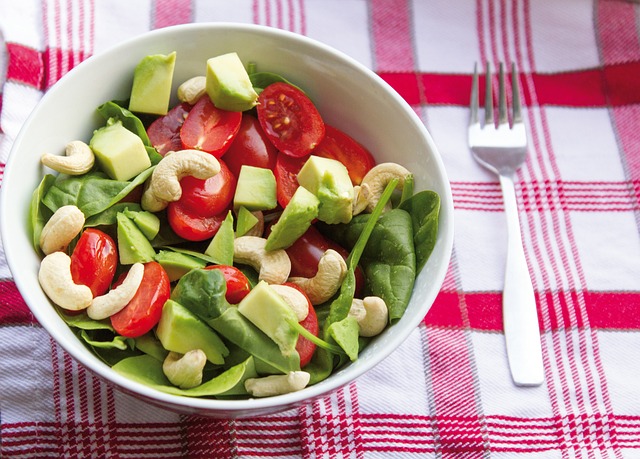
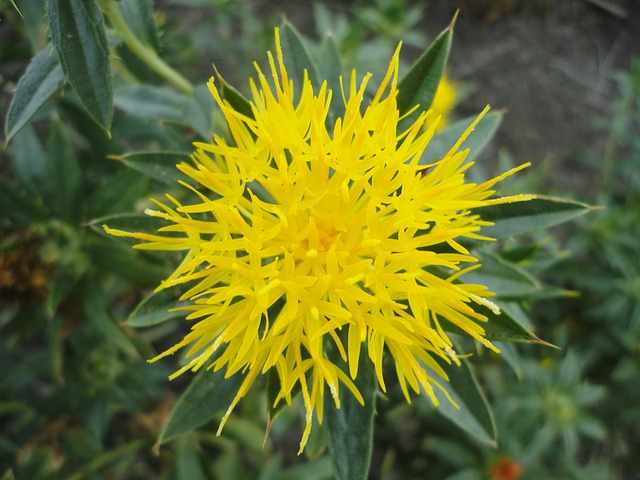
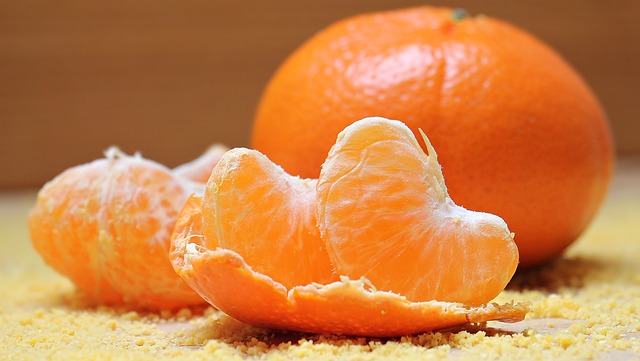
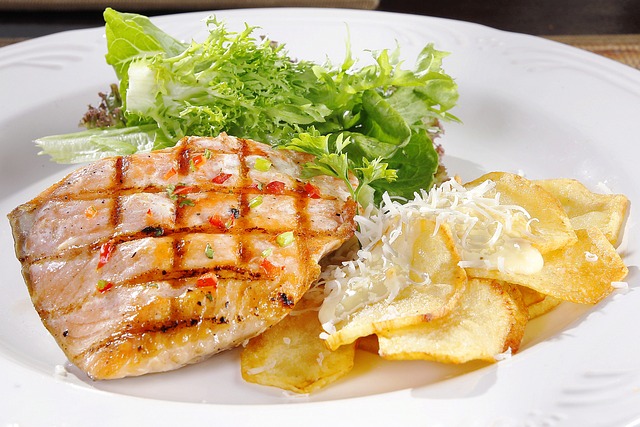
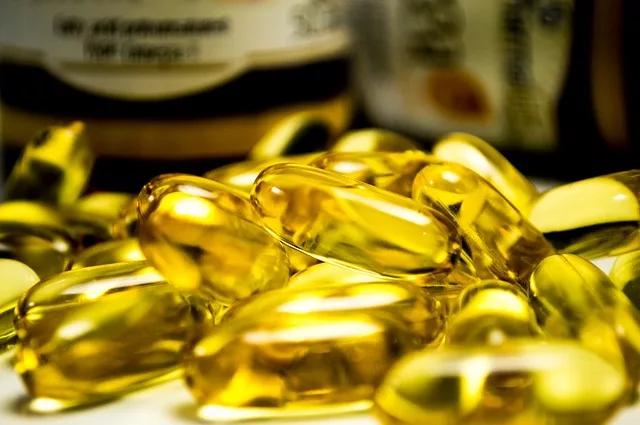
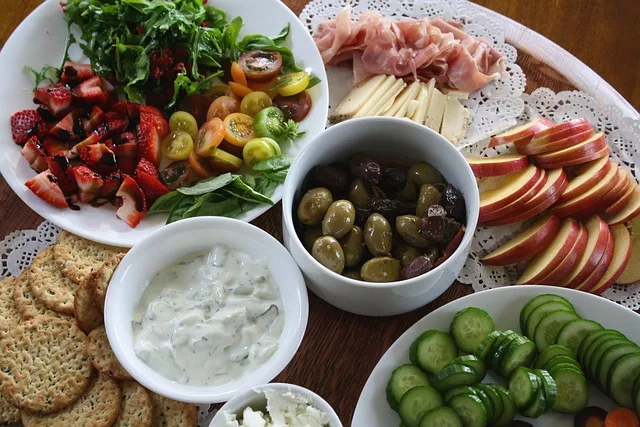

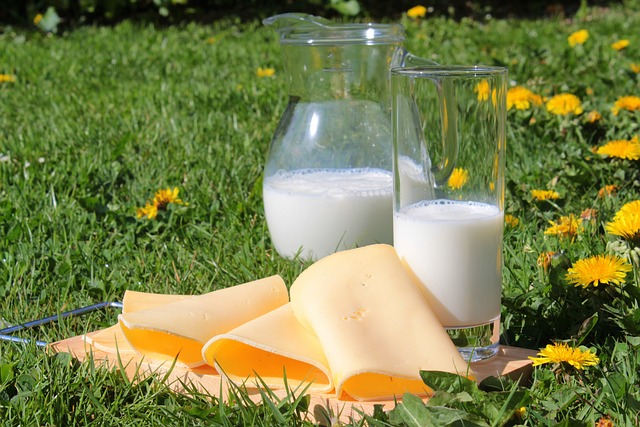
Leave a Reply